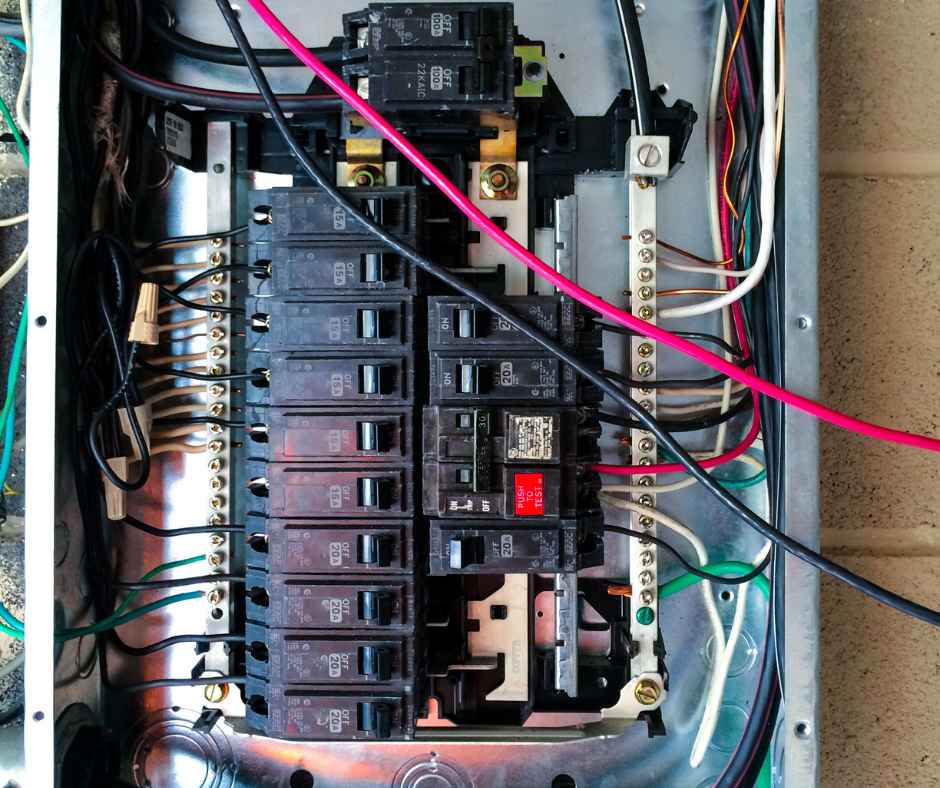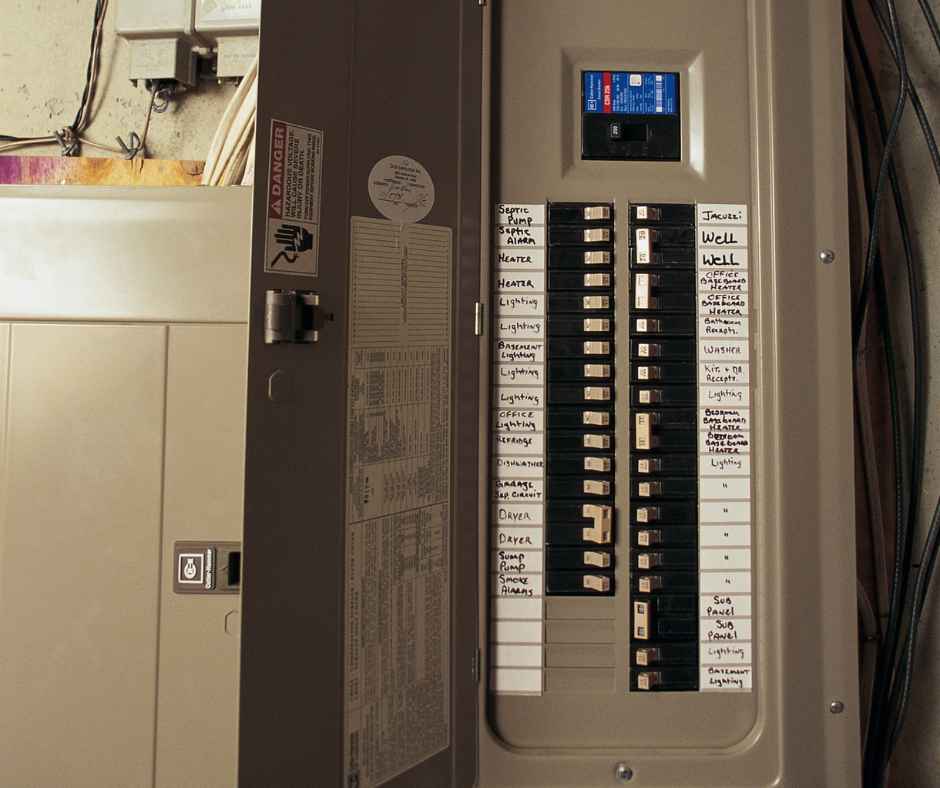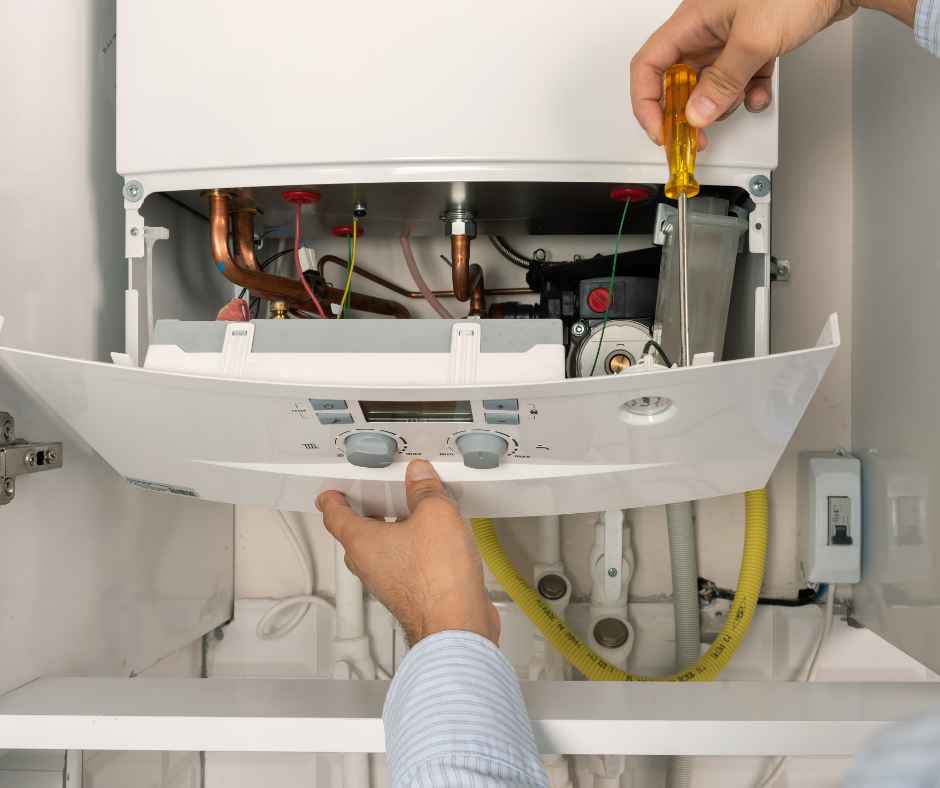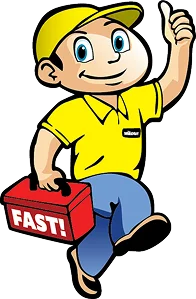Serving Colorado Springs & Surrounding Areas
Emergency Readiness Guide: What to Do When Your System Fails Mid-Winter in Colorado
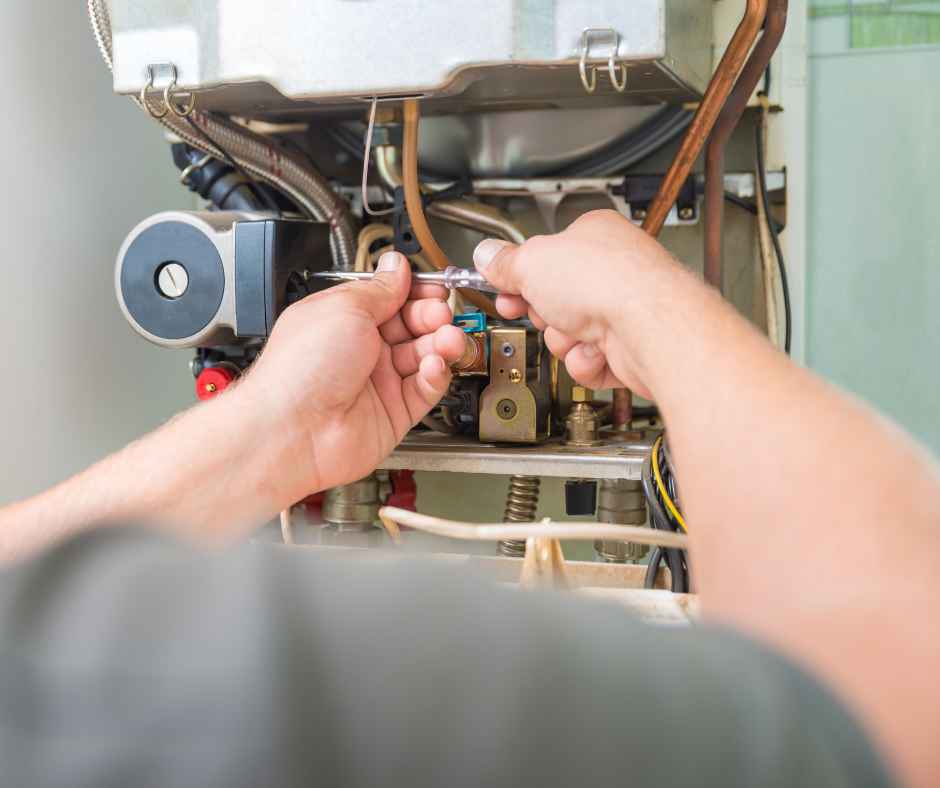
Colorado winters can be beautiful, but when your heating system stops working in the middle of a cold snap, things can go from cozy to critical in minutes. Losing heat during subfreezing temperatures is more than an inconvenience. It can quickly become a safety and property concern. Pipes may freeze, indoor temperatures can drop fast, and your family’s comfort and well-being may be at risk.
Being prepared for an unexpected heating emergency is the best way to protect your home. Understanding what to do when your furnace or HVAC system fails helps you stay calm, take the right steps, and minimize damage while waiting for professional help.
In this blog, we will walk you through how to recognize the early warning signs of a failing system, what immediate actions to take if your heat stops working, and how to stay warm and safe until help arrives.
Recognizing the Signs of a Failing System
Before your heating system completely shuts down, it often shows signs that something is wrong. Recognizing these early warnings can help you act quickly and prevent a full breakdown during Colorado’s coldest months.
- Uneven heating throughout your home: If some rooms feel much colder than others, it may mean your furnace or HVAC system is struggling to distribute warm air evenly. This can be caused by airflow blockages, duct issues, or a failing blower motor.
- Unusual noises: Loud banging, rattling, or squealing sounds coming from your furnace or vents often indicate loose parts, worn bearings, or motor problems. These noises should never be ignored, especially in the middle of winter.
- Frequent system cycling: If your system turns on and off more often than normal, it could signal a thermostat malfunction, airflow issue, or a problem with the heat exchanger.
- Rising energy bills: A sudden increase in your utility costs without a change in weather or usage often means your heating system is working harder than it should. Reduced efficiency is a clear sign that maintenance or repair is needed.
- Strange smells or burning odors: Any unusual or burning smell coming from vents or the furnace area should be addressed immediately. It may point to overheating parts or electrical issues.
- Cold air from vents: If your system is running but only blowing cool air, there may be a problem with the ignition system, pilot light, or thermostat.
Catching these signs early can make the difference between a minor repair and an emergency situation. When you notice any of these symptoms, schedule service with a professional technician as soon as possible to prevent a complete system failure.
Immediate Steps to Take When Your System Stops Working
If your heating system suddenly stops working in the middle of winter, acting quickly and calmly is essential. These steps can help you stay safe, prevent further damage, and possibly restore limited function until a professional arrives.
- Check your thermostat settings: Make sure your thermostat is set to “heat” and the temperature is higher than your current room temperature. Sometimes, the issue is as simple as dead batteries or an accidental setting change.
- Inspect your power supply: Verify that your furnace switch is on and that no circuit breakers have tripped. If you find a tripped breaker, reset it once. If it trips again, do not force it. This could indicate a serious electrical issue that requires professional attention.
- Replace or check air filters: A clogged air filter can restrict airflow and cause your system to shut down or overheat. Replace filters regularly, especially during heavy use in winter.
- Ensure vents and registers are open: Closed or blocked vents can create uneven airflow and pressure imbalances that lead to system strain. Make sure furniture or curtains are not covering them.
- Check the pilot light or ignition system: If you have a gas furnace, confirm that the pilot light is lit. If it is out and you smell gas, leave the home immediately and call your utility company before contacting an HVAC professional.
- Listen for unusual sounds or smells: Loud noises, rattling, or electrical odors are signs that the system is malfunctioning. Turn off the power to the unit and call a licensed technician immediately.
- Call for professional help: If none of these quick checks restore heat, contact WireNut Home Services right away. Their experienced HVAC technicians can diagnose the issue safely and restore your home’s heat as quickly as possible.
Knowing what to check and what to leave to the professionals helps keep your family safe while minimizing damage to your heating system.
Staying Safe and Warm Until Help Arrives
When your heating system fails in the middle of a Colorado winter, keeping your home safe and warm becomes your top priority. Even if help is on the way, there are several steps you can take to protect your family, prevent frozen pipes, and stay as comfortable as possible.
- Dress in layers: Put on warm clothing, hats, and socks to conserve body heat. Using blankets and sleeping bags can help maintain warmth while waiting for repairs.
- Close off unused rooms: Focus on heating one or two smaller areas of your home by closing doors and sealing off rooms that are not being used. This helps trap heat where it is needed most.
- Use space heaters safely: Portable space heaters can provide temporary warmth, but they must be used with care. Keep them at least three feet away from furniture, bedding, or curtains, and never leave them running unattended or overnight.
- Seal drafts: Use towels or blankets to block cold air from coming through doors and windows. Heavy curtains can also help reduce heat loss through glass.
- Open curtains during the day: Let sunlight in to naturally warm rooms, then close the curtains at night to retain heat.
- Prevent frozen pipes: If temperatures drop significantly, let faucets drip slightly to keep water moving through your pipes. Open cabinet doors under sinks to allow warm air to reach plumbing lines.
- Be cautious with alternative heat sources: Avoid using gas stoves, ovens, or outdoor grills to heat your home. These can produce dangerous levels of carbon monoxide and increase the risk of fire.
- Check on family members and pets: Young children, seniors, and animals are especially vulnerable to cold. Keep everyone together in the warmest area of the house until your heating system is restored.
If your indoor temperature drops to unsafe levels or you suspect carbon monoxide buildup, leave your home and contact emergency services right away. Safety should always come first.
Preventing a Mid-Winter HVAC Emergency
The best way to handle a heating failure is to prevent it before it happens. Regular maintenance and seasonal preparation can keep your HVAC system running efficiently through Colorado’s harsh winter weather. A few simple steps before temperatures drop can save you from the stress and cost of an unexpected breakdown.
- Schedule a professional inspection: Have your furnace or heating system inspected by a certified technician every fall. A professional will check for worn parts, dirty components, and potential issues that could lead to mid-season failures.
- Replace air filters regularly: Dirty filters reduce airflow and make your system work harder, increasing wear and tear. Replace them every one to three months during the heating season to maintain efficiency and prevent overheating.
- Clean vents and registers: Dust, pet hair, and debris can block vents and reduce warm air distribution. Keeping them clean allows your system to heat your home more evenly and effectively.
- Test your thermostat early: Turn on your heat before the coldest weather arrives to make sure it responds correctly. A malfunctioning thermostat can mimic a system failure even when the furnace itself is fine.
- Keep outdoor units clear: If your home uses a heat pump, clear snow, ice, and debris away from the outdoor unit to prevent restricted airflow and freezing damage.
- Check for unusual noises or smells: Strange sounds, vibrations, or burning odors can signal problems. Addressing these early can prevent complete system failure later.
- Consider upgrading older systems: If your furnace is over 15 years old, it may be nearing the end of its lifespan. Newer models are more energy-efficient, safer, and less prone to breakdowns during extreme weather.
Routine maintenance ensures your heating system is ready for winter’s challenges and helps avoid emergency repairs when you need warmth the most.
Be Ready for the Cold with WireNut Home Services
A heating system failure in the middle of a Colorado winter can be stressful, uncomfortable, and even dangerous. Knowing what to do in those first critical moments makes all the difference. Quick action, smart safety precautions, and timely professional help can keep your family warm and protect your home from costly damage.
The best way to avoid a winter emergency is through preparation. Regular maintenance, seasonal inspections, and early warning awareness help prevent unexpected breakdowns before the coldest weather arrives. Whether you are dealing with an urgent heating issue or simply want to make sure your system is ready for the next cold front, WireNut Home Services is here to help.
Our expert technicians provide fast, reliable HVAC repair, maintenance, and emergency service across Colorado. We understand how important dependable heat is during the winter months and take pride in keeping homes safe and comfortable when temperatures drop. Contact WireNut Home Services today and stay ready for whatever Colorado’s winter brings.
Frequently Asked Questions About Winter HVAC Emergencies in Colorado
What should I do first if my furnace stops working during a cold night?
Start by checking your thermostat to make sure it is set to “heat” and the temperature is above your current room temperature. Verify that the furnace switch is on and that no circuit breakers have tripped. If everything appears normal and the heat still does not come on, call WireNut Home Services right away for professional assistance.
Can I safely use space heaters while waiting for repairs?
Yes, but only with caution. Keep space heaters at least three feet away from furniture, bedding, or curtains, and place them on flat, nonflammable surfaces. Never leave them running unattended or overnight, and always follow the manufacturer’s safety guidelines.
How can I prevent my pipes from freezing when my heating system is down?
If your home loses heat, open cabinet doors under sinks to let warm air circulate around pipes. Allow faucets to drip slightly to keep water moving and reduce pressure buildup inside the plumbing. Focus on keeping at-risk areas, such as basements and crawl spaces, as warm as possible.
How often should I schedule HVAC maintenance in Colorado?
At a minimum, schedule professional maintenance once a year, preferably in the fall before winter begins. Colorado’s fluctuating temperatures and dry air can stress your system, so annual inspections help catch small issues before they lead to costly mid-season breakdowns.
Why should I call a professional instead of trying to fix the furnace myself?
Heating systems involve complex electrical and gas components that can be dangerous to handle without proper training. A licensed technician has the tools and expertise to safely diagnose and repair your system while protecting your home and keeping warranties intact.

